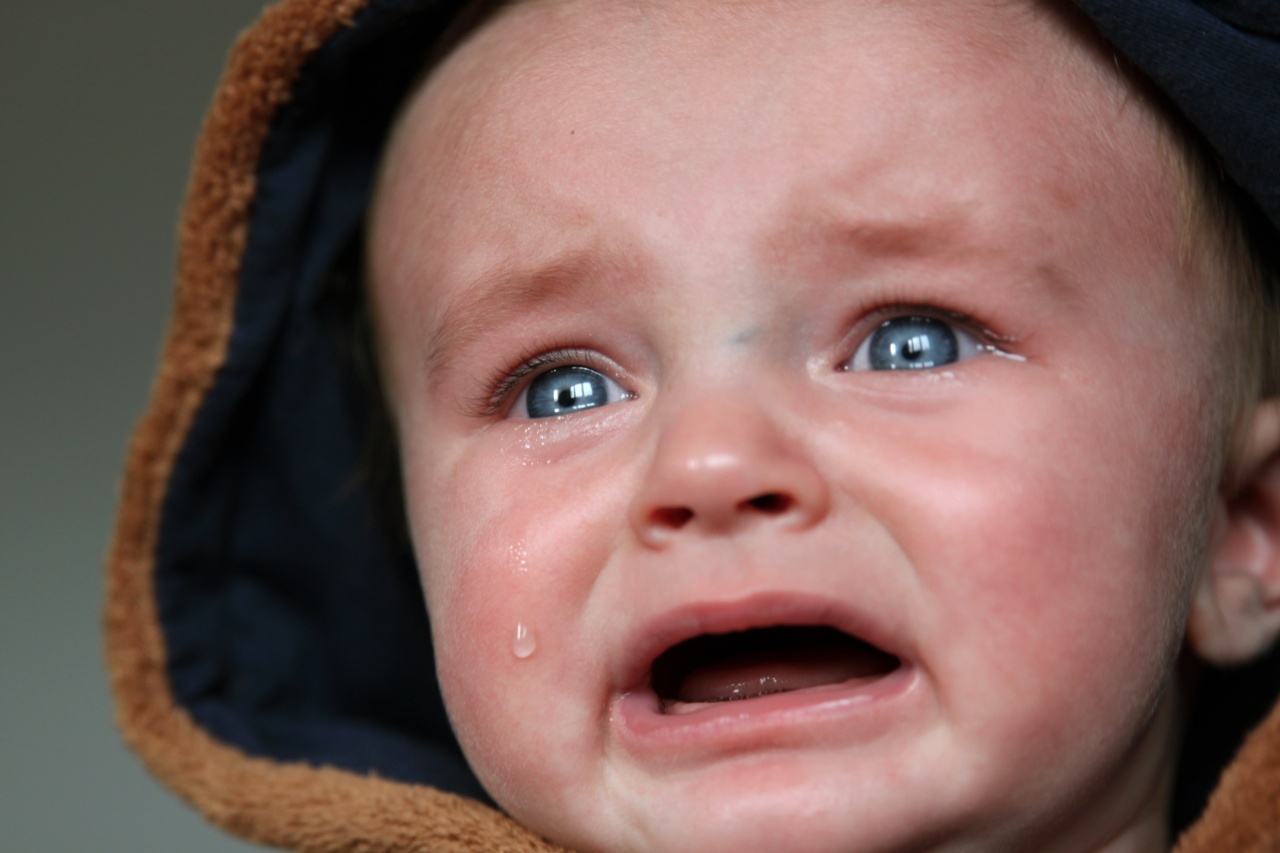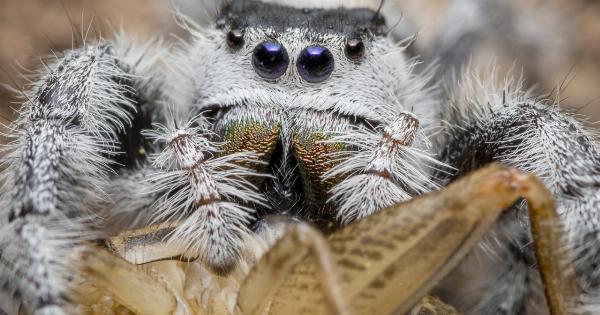Dealing with a crying baby can be challenging and stressful for any parent. However, if your baby seems to cry excessively without any apparent reason, it can be even more frustrating and concerning.
Excessive crying can be a sign of underlying issues that need to be addressed. In this article, we will explore some of the possible reasons why your baby may be crying excessively and what you can do to help them.
1. Hunger
One of the most common reasons why babies cry excessively is hunger. Babies have small stomachs and need to eat frequently. If your baby is crying and it has been a while since their last feeding, they may be hungry.
It is important to establish a feeding schedule and ensure that your baby is getting enough to eat. If you are breastfeeding, it is also essential to monitor your diet and make sure you are consuming enough calories to produce an adequate milk supply.
2. Tiredness
Babies need a lot of sleep to support their growth and development. If your baby is overtired, they may cry excessively as a way of expressing their fatigue.
It is essential to establish a bedtime routine and ensure that your baby is getting enough rest during the day. Creating a calm and soothing environment can help signal to your baby that it’s time to sleep and reduce excessive crying due to tiredness.
3. Discomfort
Babies can be particularly vulnerable to discomfort, especially when it comes to issues such as diaper rash, clothing that is too tight, or even temperature changes. Excessive crying can be a signal that your baby is feeling uncomfortable.
Check for any signs of discomfort, such as redness or rashes, and make the necessary adjustments to keep your baby comfortable.
4. Gas and Colic
Gas and colic can cause significant discomfort for babies and result in excessive crying spells.
Babies’ digestive systems are still developing, and they may struggle to pass gas or experience colic, which is characterized by intense and frequent crying. Certain techniques, such as gently massaging your baby’s tummy or using special anti-colic bottles, may help alleviate the symptoms and reduce excessive crying.
5. Overstimulation
Babies have sensitive senses, and they can easily become overstimulated by their surroundings. Too much noise, bright lights, or a busy environment can overwhelm your baby and lead to excessive crying.
Creating a calm and quiet space for your baby can help them feel more relaxed and reduce crying episodes caused by overstimulation.
6. Need for Comfort
Sometimes, babies cry simply because they need comfort and reassurance from their parents. Crying is their way of communicating their needs and seeking attention.
Holding your baby, rocking them gently, or using a pacifier can provide the comfort they crave and help reduce crying.
7. Illness or Pain
If your baby’s excessive crying is accompanied by other symptoms such as fever, vomiting, or changes in appetite, it could be a sign of an underlying illness or pain.
In such cases, it is important to consult with a pediatrician to rule out any health issues that may be causing your baby’s distress.
8. Teething
Teething can be a challenging phase for both babies and parents. The discomfort and pain associated with teething can result in excessive crying.
Providing teething toys or gently massaging your baby’s gums with a clean finger can help alleviate some of the discomfort and soothe your baby.
9. Sensory Overload
Babies have developing senses and can easily become overwhelmed by certain stimuli, such as loud noises or bright lights. Excessive crying can be their way of expressing their discomfort or anxiety due to sensory overload.
Creating a calm and soothing environment can help reduce excessive crying caused by sensory overload.
10. Developmental Milestones
As babies grow and develop, they go through various developmental milestones such as rolling over, crawling, or walking. These milestones can be challenging and sometimes frustrating for babies, leading to increased fussiness and crying.
Providing your baby with plenty of opportunities for tummy time, exploration, and gentle encouragement can help them navigate these milestones more comfortably.
Conclusion
Excessive crying is a common concern for many parents. By understanding some of the possible reasons behind your baby’s excessive crying, you can better address their needs and provide them with the comfort and support they require.
Remember, every baby is different, and it may take some trial and error to figure out what works best for your little one. If you are concerned about your baby’s excessive crying or if you suspect that there may be an underlying health issue, it is always best to consult with a pediatrician for further evaluation and guidance.




























